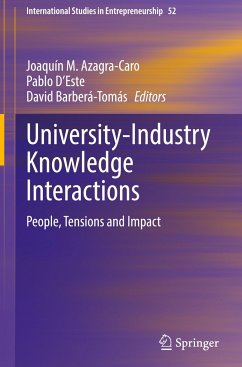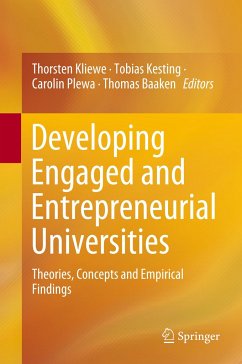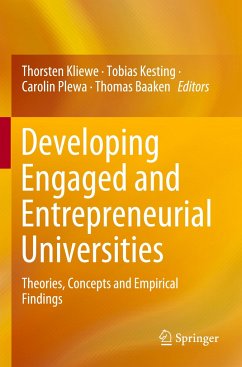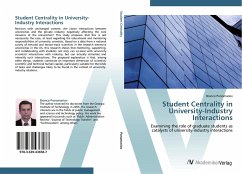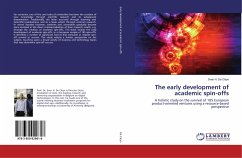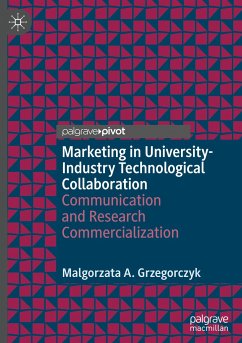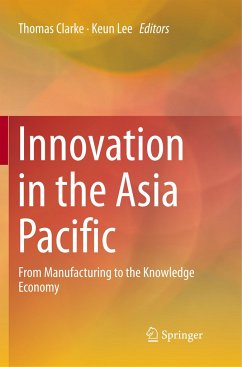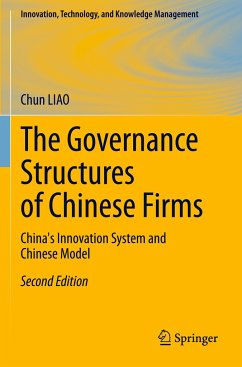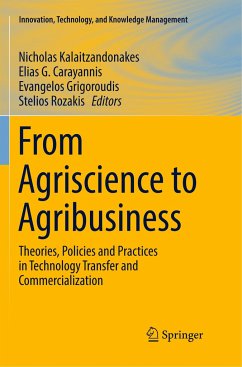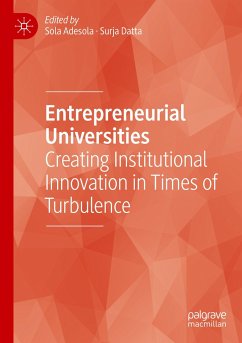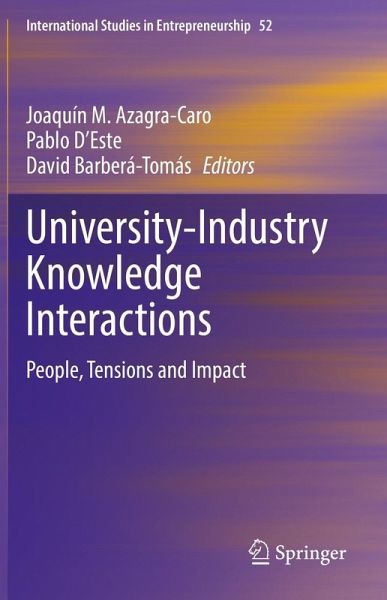
University-Industry Knowledge Interactions
People, Tensions and Impact
Herausgegeben: Azagra-Caro, Joaquín M.; D'Este, Pablo; Barberá-Tomás, David
Versandkostenfrei!
Versandfertig in 6-10 Tagen
83,99 €
inkl. MwSt.

PAYBACK Punkte
42 °P sammeln!
University-industry interaction combines several layers of actors, states and effects. People make choices, based on their individual characteristics, at different stages of a scientific career, in a highly internationalised profession. Tensions arise when university administrators and managers need to strike a balance among different promotion instruments, or when the university or public research organisation tries to solve the trade-offs between long- and short-term relationships, or among new management practices. Impacts are related to scientific agendas, the economic returns for firms or...
University-industry interaction combines several layers of actors, states and effects. People make choices, based on their individual characteristics, at different stages of a scientific career, in a highly internationalised profession. Tensions arise when university administrators and managers need to strike a balance among different promotion instruments, or when the university or public research organisation tries to solve the trade-offs between long- and short-term relationships, or among new management practices. Impacts are related to scientific agendas, the economic returns for firms or the societal benefits. This book adopts a people-tension-impact approach to identify key insights, by combining qualitative and quantitative research, established and novel methodologies, and different geographic settings. The chapters in this volume provide new perspectives on university-industry interactions related to gender biases, entrepreneurial involvement of PhD students and therole of international mobility. They also focus on how the positive impacts of university-industry interactions coexist with unresolved tensions linked to policy combinations, long-term contractual relationships, management practices and organisational strategies.
Chapters 4 and 6 are available open access under a Creative Commons Attribution 4.0 International License via link.springer.com.
Chapters 4 and 6 are available open access under a Creative Commons Attribution 4.0 International License via link.springer.com.



